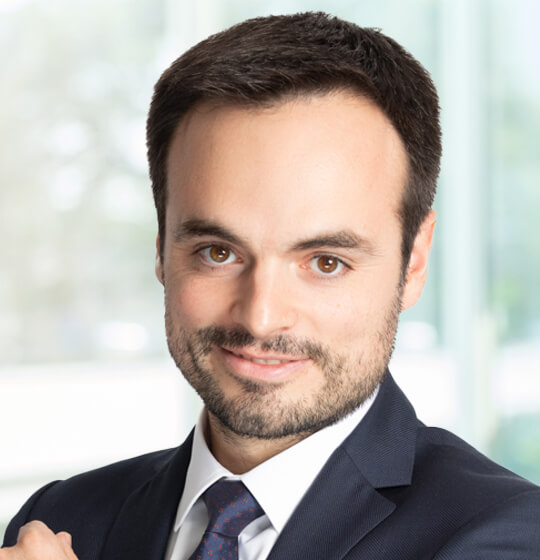A Plan de Sauvegarde de l’Emploi (PSE) is a mass redundancy or reduction-in-force plan that companies employing 50 or more employees in France must have in place before dismissing 10 or more employees in a layoff. Such a plan is designed to mitigate the effects of a mass layoff or redundancy.
The sufficiency of the measures proposed within a PSE can only be assessed in light of the economic situation of the company at the implementation date of the plan. If this principle is not new, two recent judgments of the Cour de cassation, France’s highest court, have deepened the reasoning. See Cass. Soc. 29 juin 2017, n°15-21.008 ; Cass. Soc. 29 juin 2017 n°16-12.007.
In each of the two cases, the first judges found that the principle of equal treatment implied that employees dismissed under a second PSE should benefit from measures at least as favorable as the first PSE that had been established within their respective companies.
That reasoning, however, was invalidated by the Cour de cassation: Since employees covered by a successive PSE are not placed in a situation identical to that which affected employees covered by a first PSE, the court ruled that the principle of equal treatment could not apply.
Key Takeaways
This decision is particularly useful for two reasons.
First, it guarantees legal certainty: A PSE cannot be voided on the ground of unequal treatment with former employees who were dismissed by the same employer in the past.
Second, it gives substance to the negotiation of a PSE itself: The employer is not bound in any way by the social measures it had been able to grant in the past, and the employees can legitimately hope to negotiate more favorable measures than the previous ones—and do so without fear of jeopardizing the validity of the plan because of resulting unequal treatment.
While the argument—often brought up during negotiations—that the measures of a second PSE must be aligned with the ones of the previous plan can now be easily dismissed by an employer, this topic will undoubtedly remain at the heart of discussions from the trade union side.
The Paris office of Ogletree Deakins will continue to monitor and report on developments affecting the workplace rules of employers doing business in France.
Jean-Marc Albiol is a partner in the Paris office of Ogletree Deakins.
Nicolas Peixoto is a senior associate in the Paris office of Ogletree Deakins.
Marie Millet-Taunay is a junior associate (not yet admitted) in the Paris office of Ogletree Deakins.







